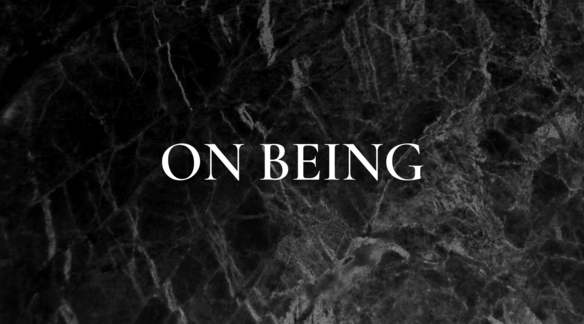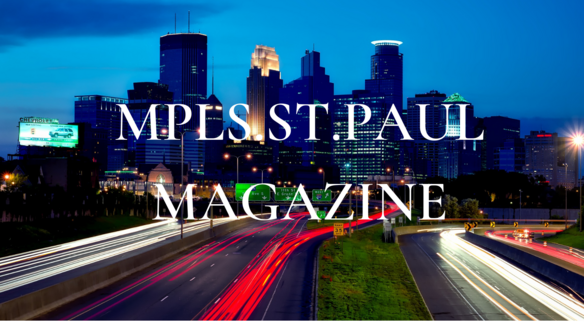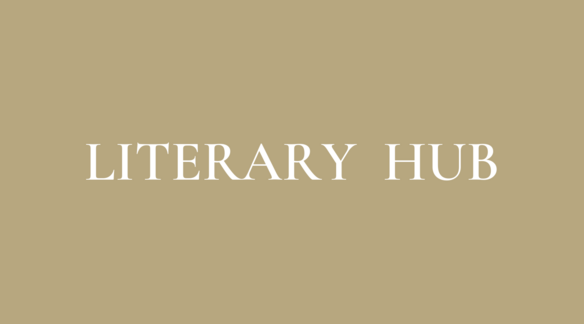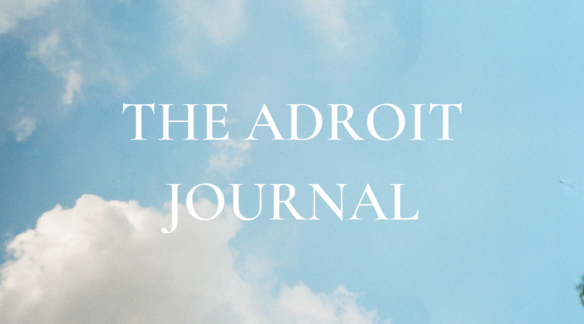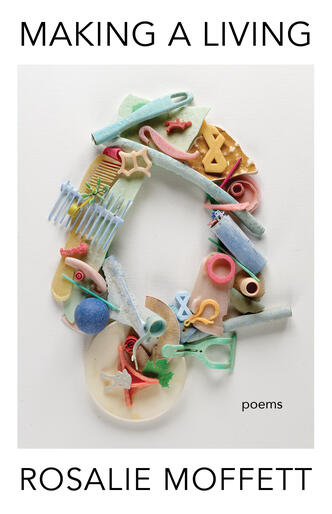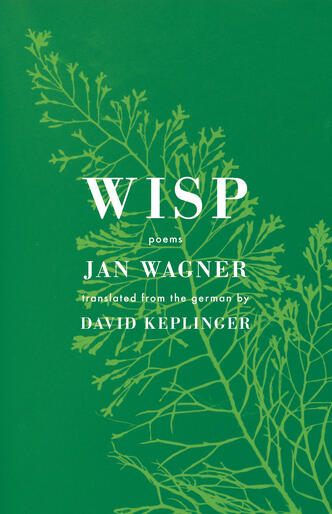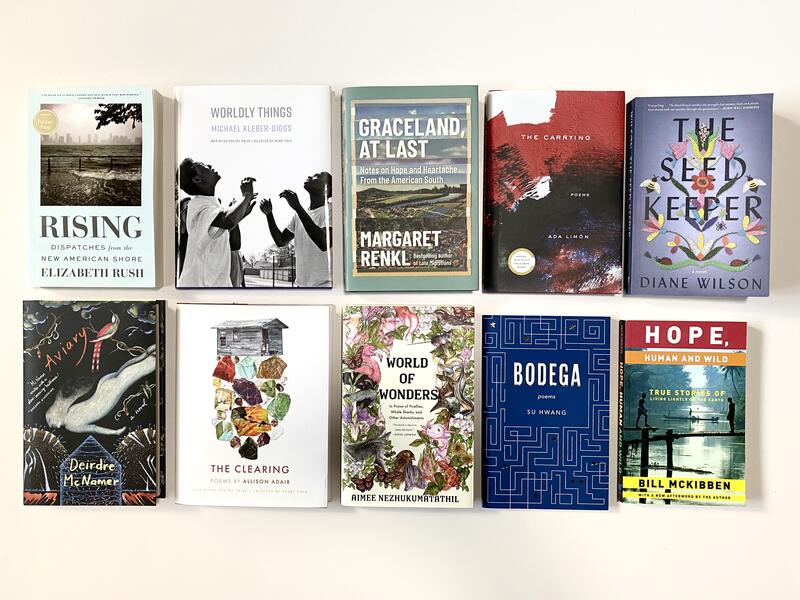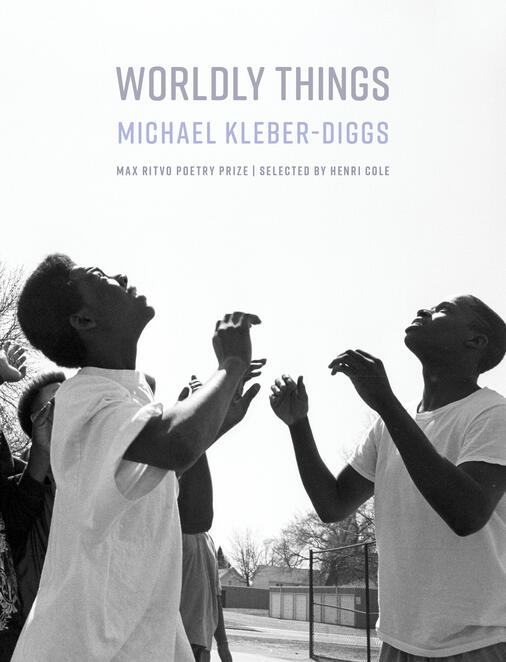
Worldly Things
“I am captivated, consoled, and bowled over by these poems, knifelike in their concision and oracular at their core.” —TRACY K. SMITH
A Finalist for the Minnesota Book Award in Poetry
A Reader’s Digest “14 Amazing Black Poets to Know About Now” Selection
A Gift Guide Indie Next Selection, selected by booksellers
“Sometimes,” Michael Kleber-Diggs writes in this winner of the Max Ritvo Poetry Prize, “everything reduces to circles and lines.”
In these poems, Kleber-Diggs names delight in the same breath as loss. Moments suffused with love—teaching his daughter how to drive; watching his grandmother bake a cake; waking beside his beloved to ponder trumpet mechanics—couple with moments of wrenching grief—a father’s life ended by a gun; mourning children draped around their mother’s waist; Freddie Gray’s death in police custody. Even in the refuge-space of dreams, a man calls the police on his Black neighbor.
But Worldly Things refuses to “offer allegiance” to this centuries-old status quo. With uncompromising candor, Kleber-Diggs documents the many ways America systemically fails those who call it home while also calling upon our collective potential for something better. “Let’s create folklore side-by-side,” he urges, asking us to aspire to a form of nurturing defined by tenderness, to a kind of community devoted to mutual prosperity. “All of us want,” after all, “our share of light, and just enough rainfall.”
Sonorous and measured, the poems of Worldly Things offer needed guidance on ways forward—toward radical kindness and a socially responsible poetics.
The Worldly Things audiobook read by Michael Kleber-Diggs is available everywhere you listen to audiobooks. Listen to samples here.


